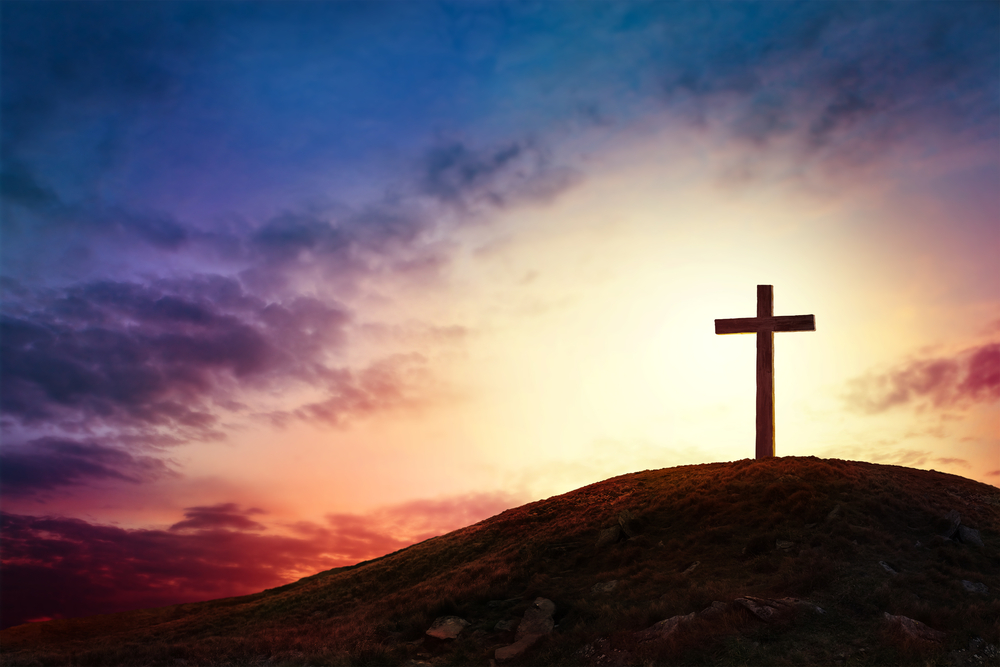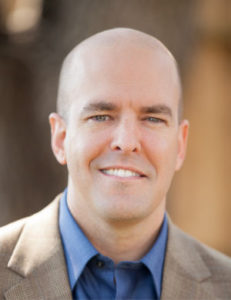Family Crisis Grants
The PruittCares Foundation is proud to help relieve the financial burdens of those in our community, including PruittHealth employee partners and patients.
The Paradoxical Nature of Jesus

By Dave Lescalleet
Matthew chapters 5 through 7, The Sermon on the Mount, is considered the most famous sermon ever preached. If you have never read through those three short chapters, do yourself a favor and do so. Not only do they form the basis of Christ’s earthly ministry, they are also incredibly helpful in understanding the paradoxical nature of Jesus. Now what do I mean by that? A paradox, by definition, is a seemingly absurd or self-contradictory statement or proposition that when investigated or explained may prove to be well founded or true. I cannot think of a better word that sums up the nature of Jesus. The way that Christ is presented in the Gospels is paradoxical to be sure.
Ross Douthat a New York times columnist and author of the book Bad Religion, explains it this way:
No figure in history or fiction contains as many paradoxes as the New Testament’s Jesus. He’s a celibate ascetic who enjoys dining with publicans and changing water into wine at weddings. He’s an apocalyptic prophet one moment, a wise ethicist the next. He’s a fierce critic of Jewish religious law who insists that he’s actually fulfilling rather than subverting it. He preaches a reversal of every social hierarchy while deliberately avoiding explicitly political claims. He disallows divorce…yet consorts with prostitutes while denouncing even lustful thoughts. He makes wild claims about his own relationship to God, and perhaps his own divinity, without displaying any of the usual signs of megalomania or madness. He is egalitarian and patriarchal…gentle and impatient, extraordinarily charitable and extraordinarily strict. He sets impossible standards and then forgives the worst of sinners. He blesses the peacemakers and teaches that he brought the sword of justice…He’s superhuman one moment; the next he’s weeping. And of course the accounts of his resurrection only heighten these paradoxes, by introducing a post-crucifixion Jesus who is somehow neither a resuscitated body nor a flitting ghost but something even stranger still—at once fleshly and supernatural, recognizable and transfigured, bearing the wounds of the crucifixion yet passes easily through walls. Douthat goes on to conclude: The boast of Christian orthodoxy, as codified by the councils of the early Church and expounded in the Creeds, has always been its fidelity to the whole person of Jesus. Where heresy says pick one, orthodoxy says: Ok, Both. The goal of the great heresies, has often been to extract from the tensions of the gospel narratives a more consistent, streamlined, and non-contradictory Jesus.
The Sermon on the Mount forces us to face and come to grips with the tensions of the Gospel narratives and will have none of this consistent, streamlined and non-contradictory Jesus. To receive Jesus, we must have all of him or none of him. He won’t allow us to pick or choose what we like and discard what we don’t. Thankfully he plays by the same rule. He won’t allow himself to pick or choose what He likes and what He does not like before having us. By way of the Cross, He says, “You are mine!” But once we are His, we are washed clean, and what remains is what was supposed to be there all along.
Dr. Dave Lescalleet serves as the Director Chaplaincy for PruittHealth.

